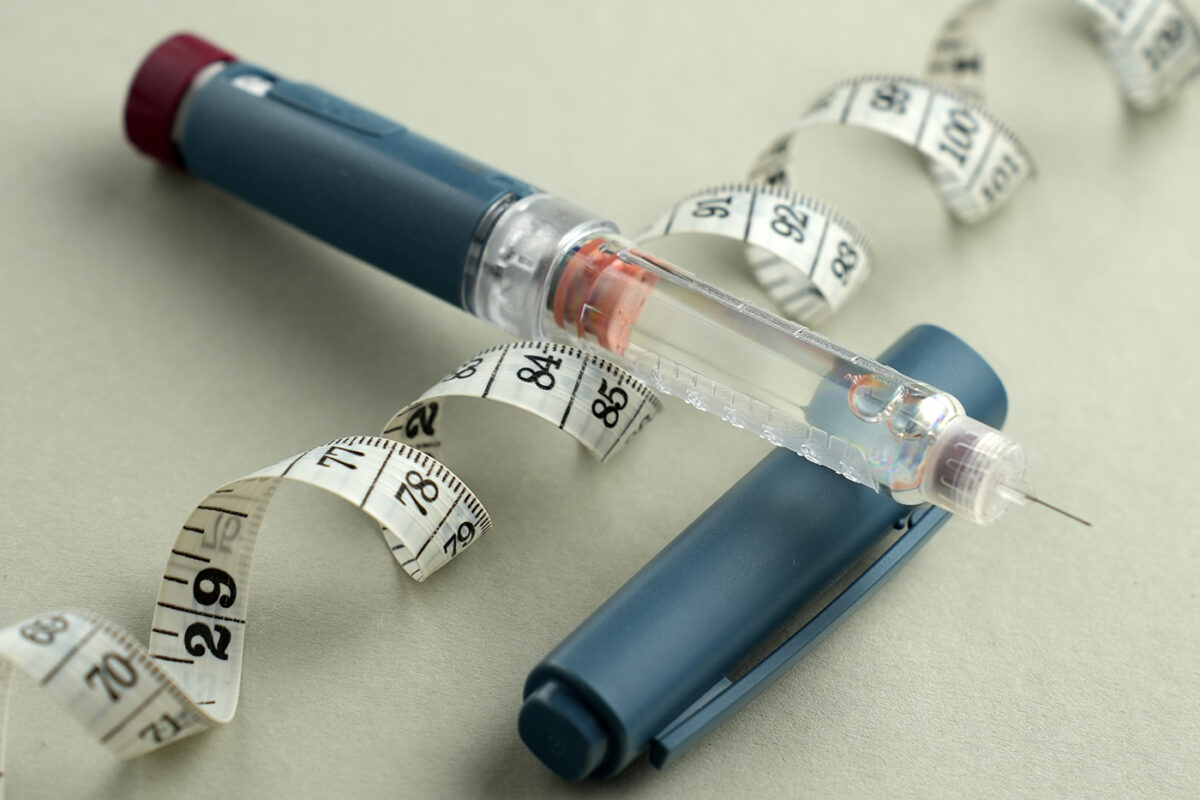
Author
John Lyon
Strategic Communications Manager
Contact
ACHI Communications
501-526-2244
jlyon@achi.net
The warning labels on alcoholic beverages sold in the U.S. should be updated to include warnings about the risk of cancer associated with alcohol consumption, according to an advisory by U.S. Surgeon General Dr. Vivek Murthy.
The advisory, issued Friday, Jan. 3, highlights alcohol use as a leading preventable cause of cancer in the U.S., noting that it contributes to nearly 100,000 cancer cases and about 20,000 cancer deaths each year. Alcohol use has been linked to increased risk for at least seven types of cancer:
- Breast (in women)
- Colorectum
- Esophagus
- Liver
- Mouth
- Throat
- Larynx
The advisory also highlights the lack of awareness among Americans that alcohol use increases the risk of cancer. A national survey found that only 45% of adults were aware that alcohol use is a cancer risk factor, compared to 53% who were aware that obesity is a cancer risk factor and 89% who were aware that tobacco is a cancer risk factor.
How Alcohol Can Cause Cancer
According to research cited in the surgeon general’s advisory, ethanol, the type of pure alcohol found in all beverages containing alcohol, can cause cancer in at least four ways:
- By breaking down into acetaldehyde in the body. Acetaldehyde is a metabolite that can damage your DNA. When DNA is damaged, a cell can begin to grow uncontrollably and create a cancerous tumor.
- By causing oxidative stress. This is a condition that occurs when there is an imbalance between two different types of molecules in your body: free radicals and antioxidants. Oxidative stress can damage DNA, proteins, and lipids in the body, increasing the risk of cancer.
- By altering hormone levels, including estrogen. Altered estrogen levels can play a role in the development of breast cancer.
- By causing increased absorption of other carcinogens. Carcinogens from other sources, especially particles of tobacco smoke, can dissolve in alcohol, making it easier for them to be absorbed into the body, increasing the risk for mouth and throat cancers.
According to the latest evidence, the risk of cancer increases the more alcohol is consumed. For certain cancers, including breast, mouth, and throat cancer, the risk may start to increase around one drink per day — or even less.
The Surgeon General’s Recommendations
The advisory includes recommendations for Congress, other policymakers, healthcare providers, and individuals, including:
- Update the existing surgeon general’s health warning label on beverages containing alcohol to include a warning about the risk of cancer associated with alcohol consumption. The label should also be made more visible and prominent to increase the level of awareness of alcohol use as a cancer risk factor.
- Reassess recommended limits for alcohol consumption to account for the latest evidence on alcohol consumption and cancer risk.
- Strengthen and expand education efforts to increase general awareness that alcohol use can cause cancer.
- Inform patients in clinical settings about the link between alcohol consumption and increased cancer risk.
- Promote the use of alcohol screening and provide brief intervention and referral to treatment as needed.
- Highlight alcohol consumption as a leading modifiable cancer risk factor and incorporate proven alcohol reduction strategies into population-level cancer prevention initiatives and plans.
- For individuals, be aware of the relationship between alcohol use and increased cancer risk when considering whether or how much to drink.
Other recent advisories from the U.S. surgeon general have highlighted the relationship between social media and youth mental health, declared firearm violence a public health crisis in America, and noted growing stressors impacting parental mental health and well-being.
Alcohol Control in Arkansas
Arkansas addresses alcohol consumption through excise taxes, sales restrictions such as bans on alcohol sales on Sundays in most counties and statewide on Christmas Day, and a local option framework that allows localities such as counties or municipalities to vote on whether to permit the sale of alcohol within their jurisdictions. These measures align with the Community Preventive Services Task Force’s recommendations for reducing alcohol-related harms.






